We’re in the culture-shifting business.
The team behind Inclusion Design Group lives and breathes inclusion, devoting our careers to discovering the most impactful ways to co-create thriving and inclusive cultures that catalyze unstoppable success for all.
While it may sometimes feel like an insurmountable challenge, we believe that cultivating inclusive cultures is not only doable, but learnable.
Not only learnable, but vital.
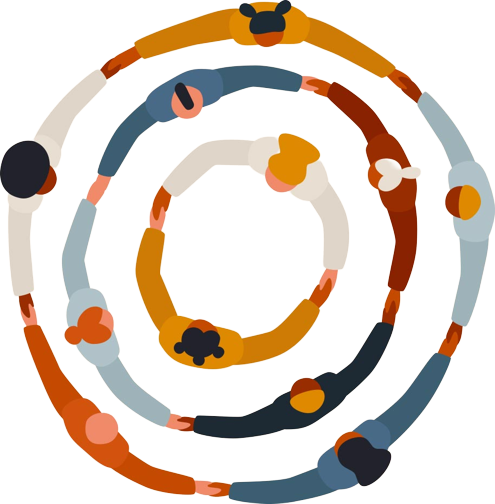
This is what makes Inclusion Design Group Different
Our Approach
Our People
Our Impact
Our Approach
After years of research and collaboration with organizations across the globe, we have developed a trademark approach that we believe creates the true and lasting cultural shifts we want to see.
The Inclusive Mindset
Be Brave, Be Humble, Be Dedicated
Our Inclusive Mindset model sits at the intersection of the data-driven research of cultural psychology, intergroup dialogue, stereotype threat and the field innovation of design thinking, cultural humility and growth mindset.
This is the foundation that makes the work of engaging with the complex feelings that lie at the heart of our society’s structural issues actually constructive, allowing us to co-create environments where we succeed together.

The ACE Model
Actionable
While foundational concepts are essential, all of our programs focus heavily on making concepts actionable so that the learning can affect real change.
Customized
Out of the box training doesn’t work. All of our programs and courses are constantly evaluated and adjusted to be fresh and relevant, and to reflect the needs of the specific group attending. No two workshops are identical, despite thematic similarities.
Experiential
Change requires buy-in. Our interactive approach gets people out of their silos and into the conversation. While we base our content on sound research, participants won’t be lectured to. People learn in a variety of ways and we aim to address the diversity of learning styles with a pedagogy that is creative, engaging, interpersonal and yes, even fun!
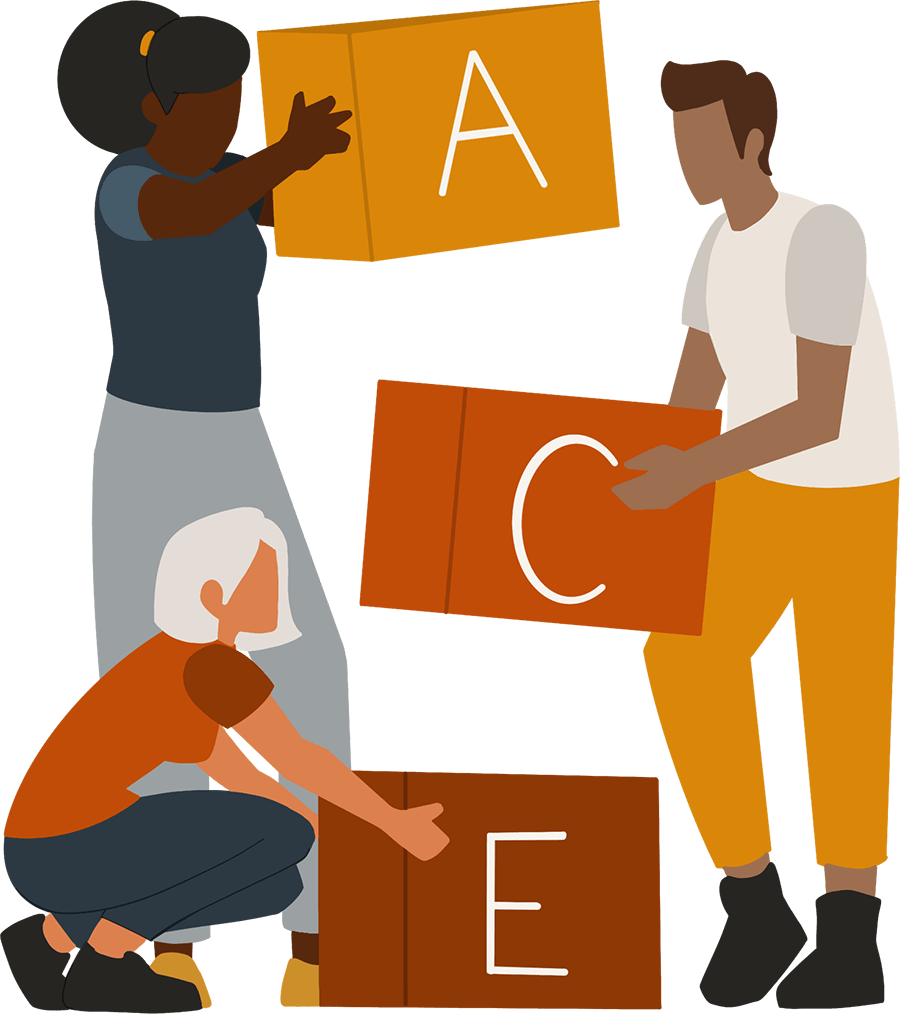
Our People
Our people are what make our approach work.
We’re a team of professionals in academia and business with years of experience supporting corporations and professional networks to create environments that are both culturally safe and brave.
Clients have described our team time and again as deeply engaging, conscientious, practical, witty and relatable. Our style and our experience make our people our most valued asset when it comes to connecting with your people to catalyze change.
We approach every session in earnest, with deep commitment to our “Be Brave, Be Humble, Be Dedicated” Inclusive Mindset, ready to tackle the hard questions with you, facilitate conflict constructively, connect, and even have fun!
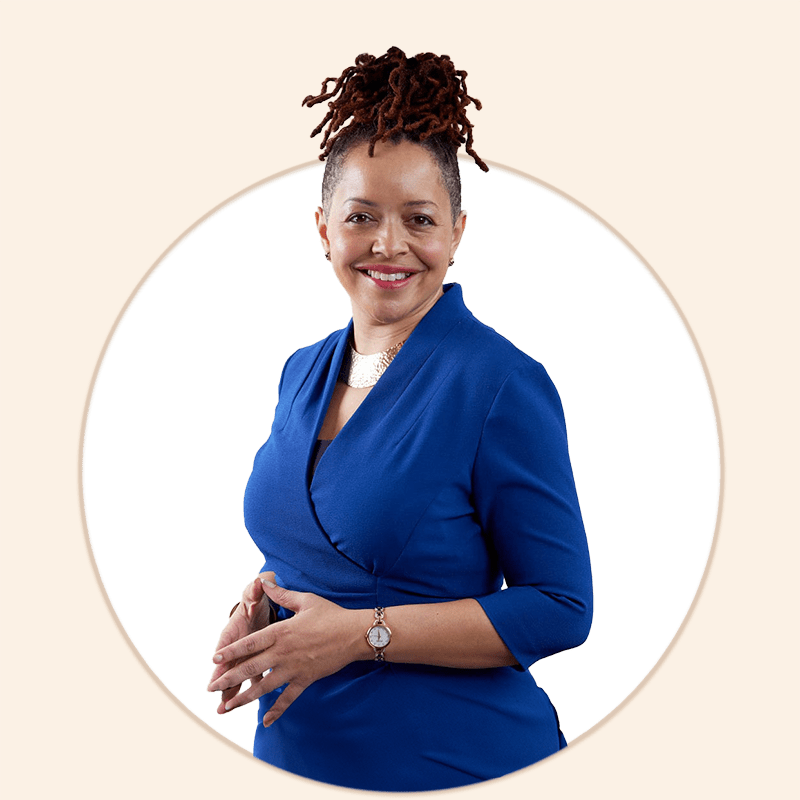
Dereca Blackmon
Co-Founder and President, Dereca Blackmon, is also our head trainer and responsible for the creation of the dynamic set of workshops and follow-up activities used by our team. Her experiential training models cut through “diversity fatigue” and allow participants to engage in deep, authentic, and meaningful dialogues.
For over 25 years, she has consulted with a wide variety of corporate, educational, nonprofit, and community-based groups to facilitate “uncommon conversations” on issues of race, gender, class, and social justice.
She served as the Associate Dean and Director of the Diversity and First-Generation Office at Stanford University where she introduced groundbreaking work on authentic engagement, intergroup dialogue, and unconscious bias to over 30,000 students, staff, faculty and alumni. She taught several courses at Stanford including Intergroup Communication with renowned cultural psychologist Hazel Markus, which reached a waitlist of over 100 students, and now it is 30 years.
Erin Conner, Ph.D.
Co-Founder and Vice President, Dr. Erin Conner, has enjoyed the privilege of a diverse and fulfilling professional history, grounded in educational consulting, business development, and social activism. Her academic background includes the completion of undergraduate and graduate work in both the biological and social sciences, culminating in a post-doc in diversifying the sciences from the University of California, Berkeley.
Her career ultimately led her to work in both the education and technology sectors. She developed programs and served as an instructor in higher education at the University of California, Berkeley and San Francisco State University. She also has several years of experience working in business, co-founding a social media company, and providing consulting support to both local and national organizations with communications infrastructure, research and evaluation, fundraising, and youth engagement strategies.
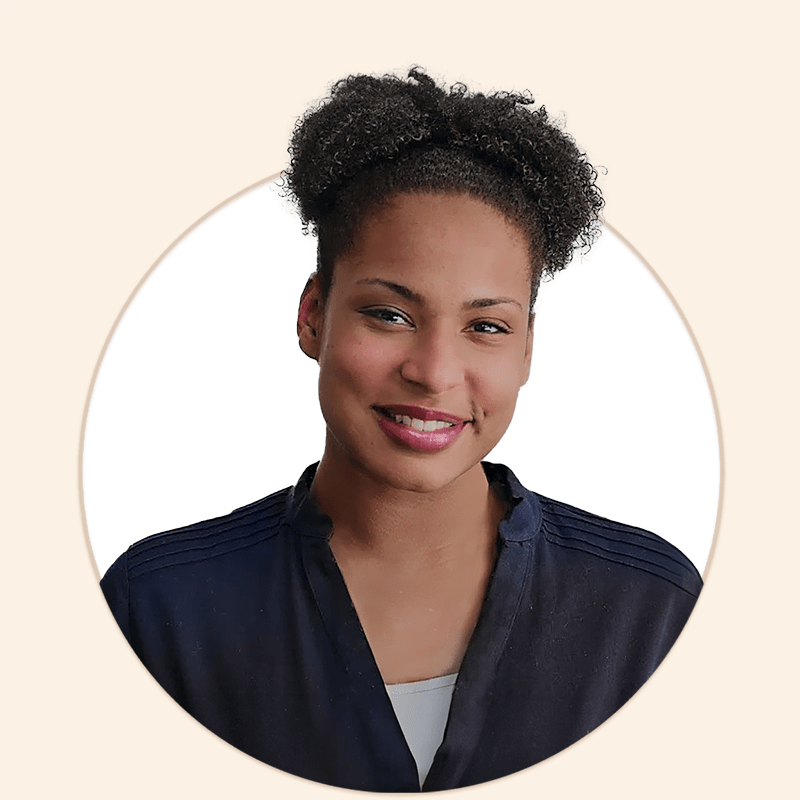
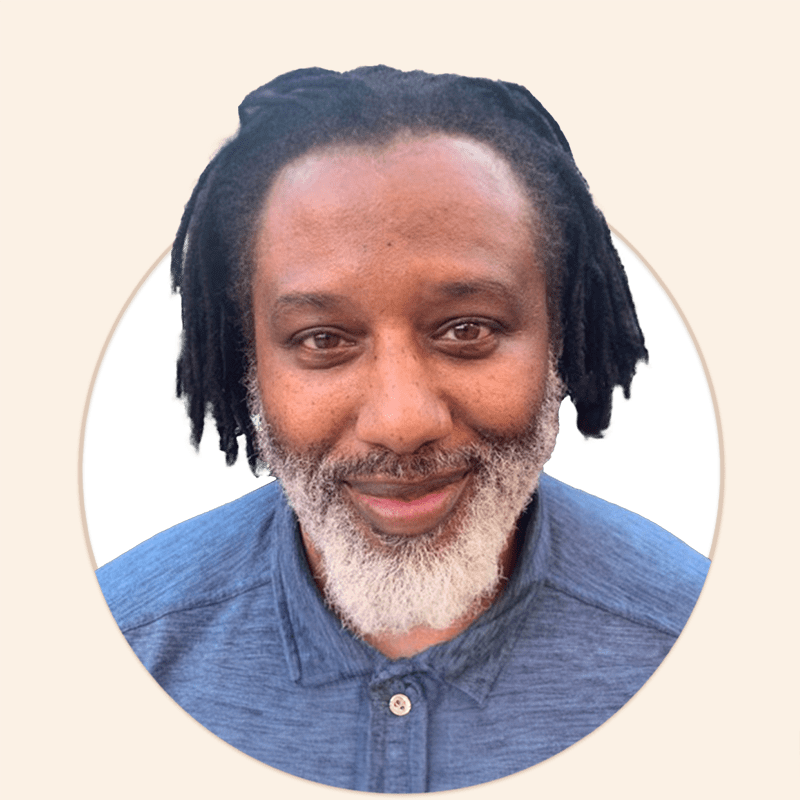
Mohammed Soriano-Bilal
Mohammed Soriano-Bilal is an accomplished Diversity, Equity, Inclusion, and Belonging (DIBE) consultant, an educator, and a strategist. Currently, Mohammed serves as Associate Dean & Director of the Office for Inclusion, Belonging and Intergroup Communication at Stanford University, where he oversees a team of skilled facilitator-scholars, teaches two courses on intergroup communication, and consults on DEIB issues, including recruitment, retention, and design innovation. Additionally, Mohammed has spent the last 20 years using DEIB strategy to help Fortune 500 companies like Twitter, Whirlpool, and the Progressive Corporation remove blockages that stand in the way of impact and growth.
Gabriela Nagle Alverio
Gabriela Nagle Alverio is a political scientist whose passion for diversity and inclusion is rooted in her study of systems of power that exacerbate pre-existing social injustices. She believes that policy is the key change agent in shifting these systems of power, but knows that policy is simply a reflection of people. As such, she has dedicated much of her career to facilitating difficult conversations and empowering others to do the same.
She served as the Director of a cutting edge program at Stanford University at the intersection of public service and diversity and inclusion. In 2019 she received a grant to develop a diversity education curriculum to be implemented in the mandatory curriculum for all Stanford Medical School students. She continues advocating for change as a doctoral scholar at Duke University.
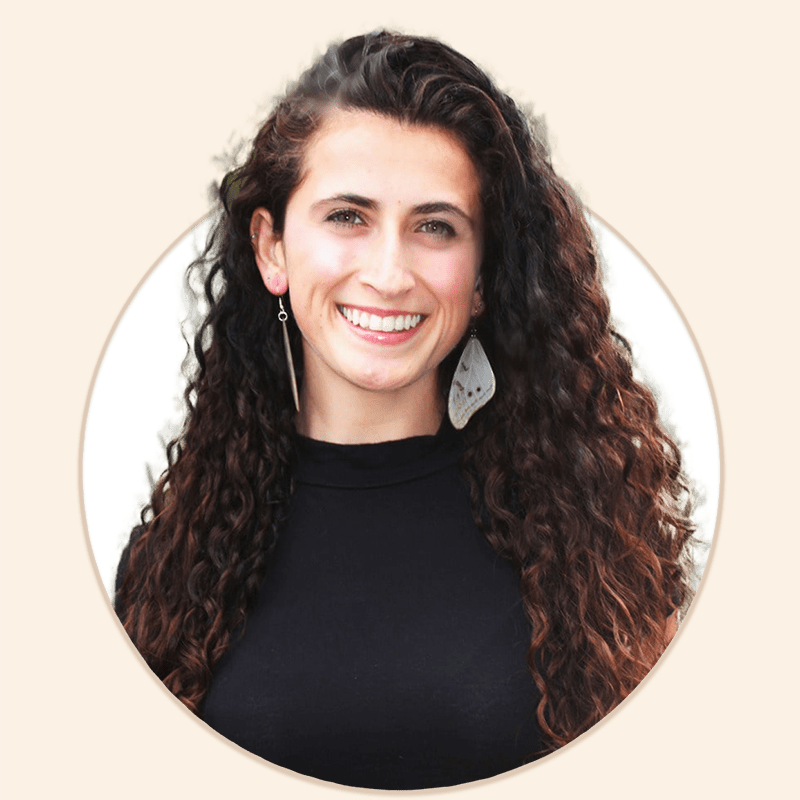
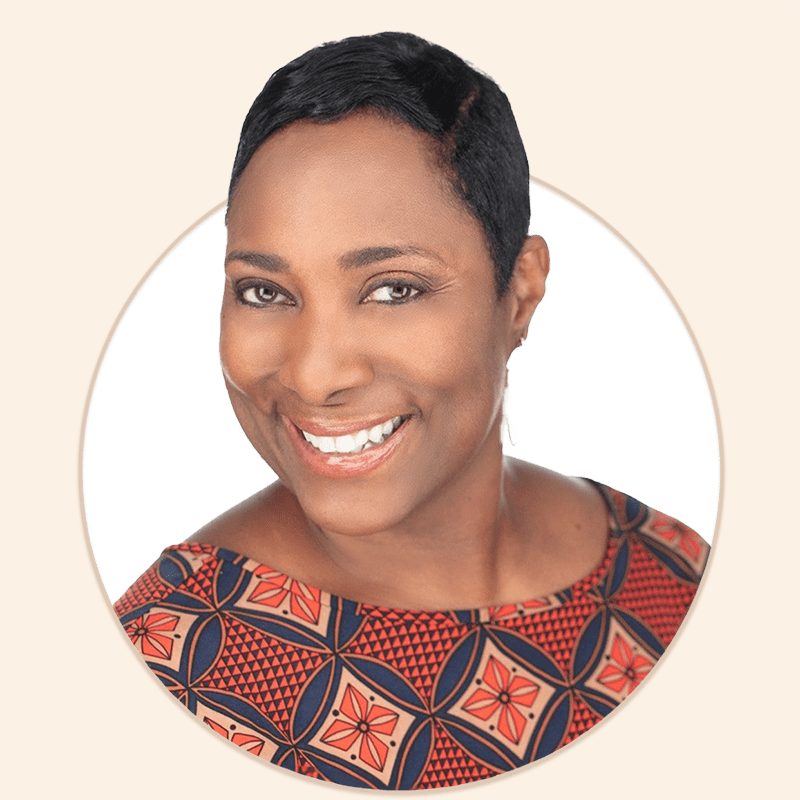
Lori Allen
Lori has spent the last 25+ years as an HR Leader responsible for designing talent strategies and partnering with executives to drive business results. Lori is passionate about Diversity Inclusion and belonging and was named on the 2018 list of women worth watching in the Profiles in Diversity Journal. Lori focuses on helping organizations translate their diversity goals into actions. She has partnered with organizations to increase diversity, inclusion and belonging awareness, create inclusive cultures and evaluate their internal systems of accountability to drive change. Originally from Wichita, Kansas, she graduated from the University of Kansas with a BA and later received a master’s degree from Webster University.
Noelle Blue
As a California native, born in Southern, raised in Central and currently residing in Northern, Noelle’s passions are people and food. Her experiences have ranged from owning a restaurant in Long Beach Ca, to a General Manager at a SF Tech startup to an Instructor at Oakland’s Laney College. Noelle holds a BA in Organizational/Interpersonal Communications and an MBA, both of which are put to good use in her current role as the Operations Manager at IDG.
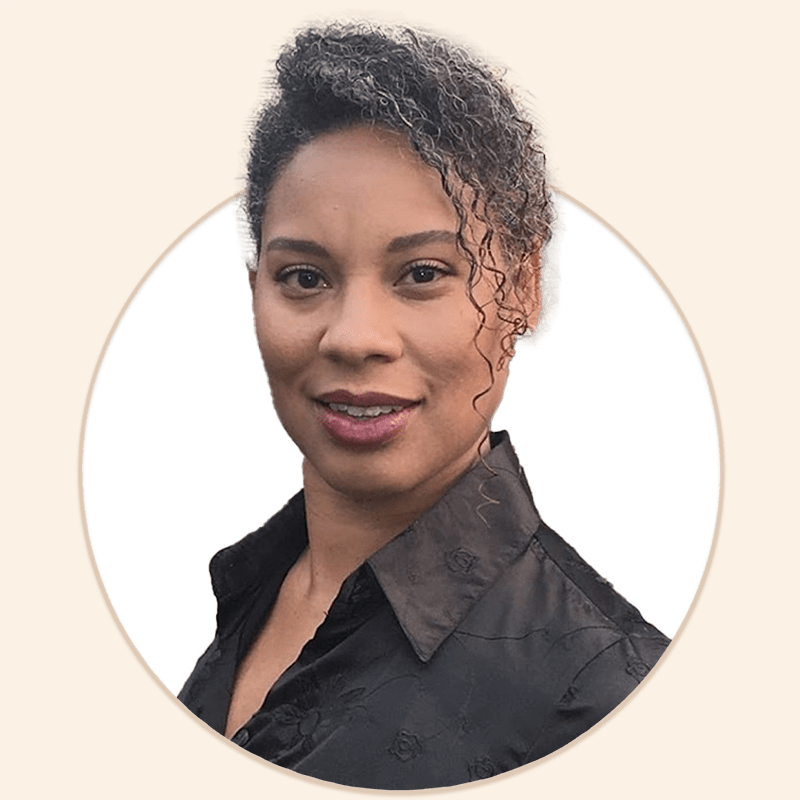
Our Impact
Our unique approach to DIBE has worked for teams all over the world.
Over 95%
Of participants indicated that they will set goals for themselves based on the material covered in our sessions.
Over 96%
Of participants indicated that they are very likely to integrate the information they learned into their DIBE journey and daily experiences.


I felt the presenters were really authentic and their advice of being brave, leaning into discomfort and being ok with making mistakes really encouraged me to take the skills they shared into my day-to-day life.


I feel more equipped to handle microaggressions, be a good ally and have less fear overall.


I’ve attended several workshops put on by different orgs but this one has helped reinforce the tools and strategies to use in an effective way. I feel more confident in approaching these issues now.















